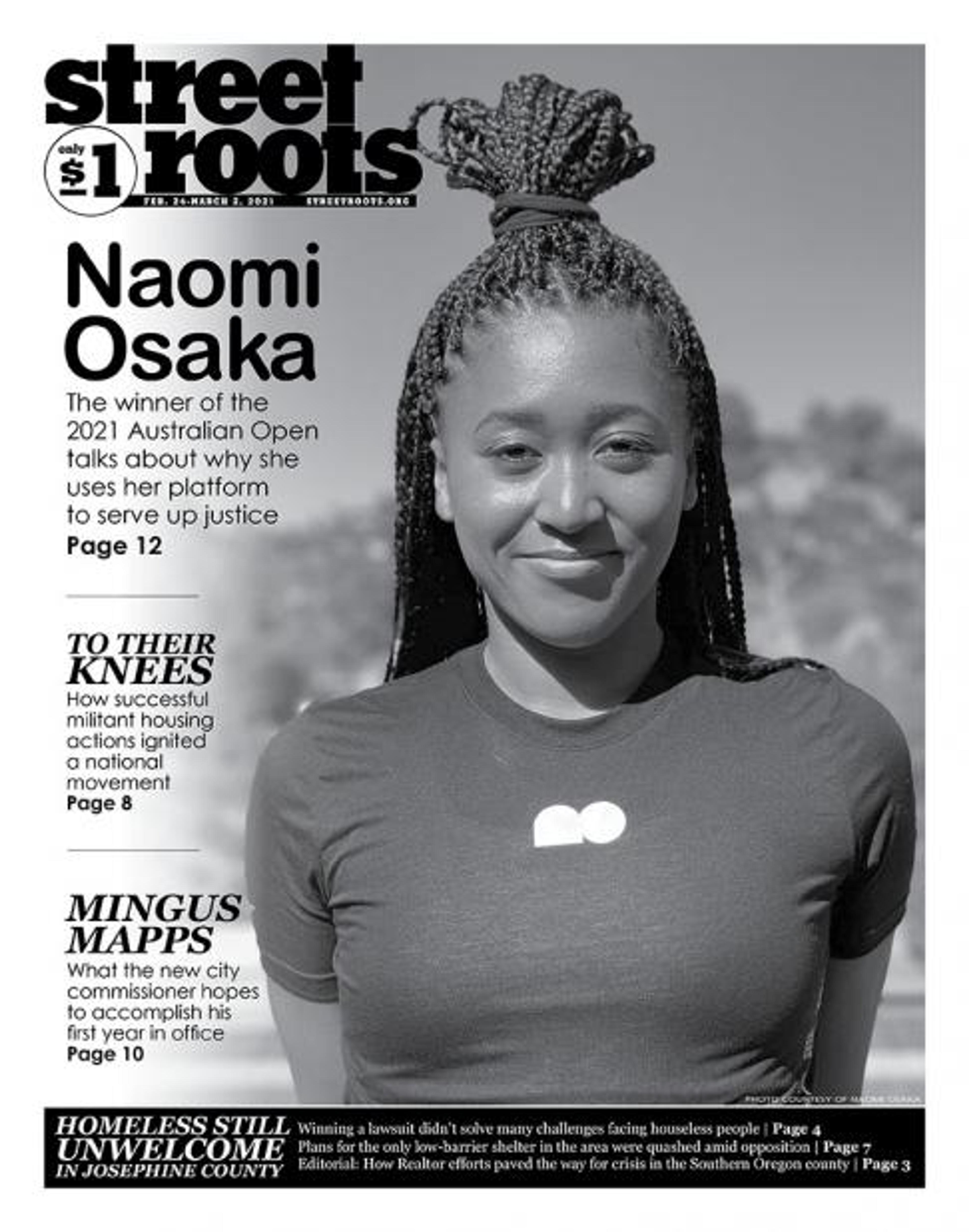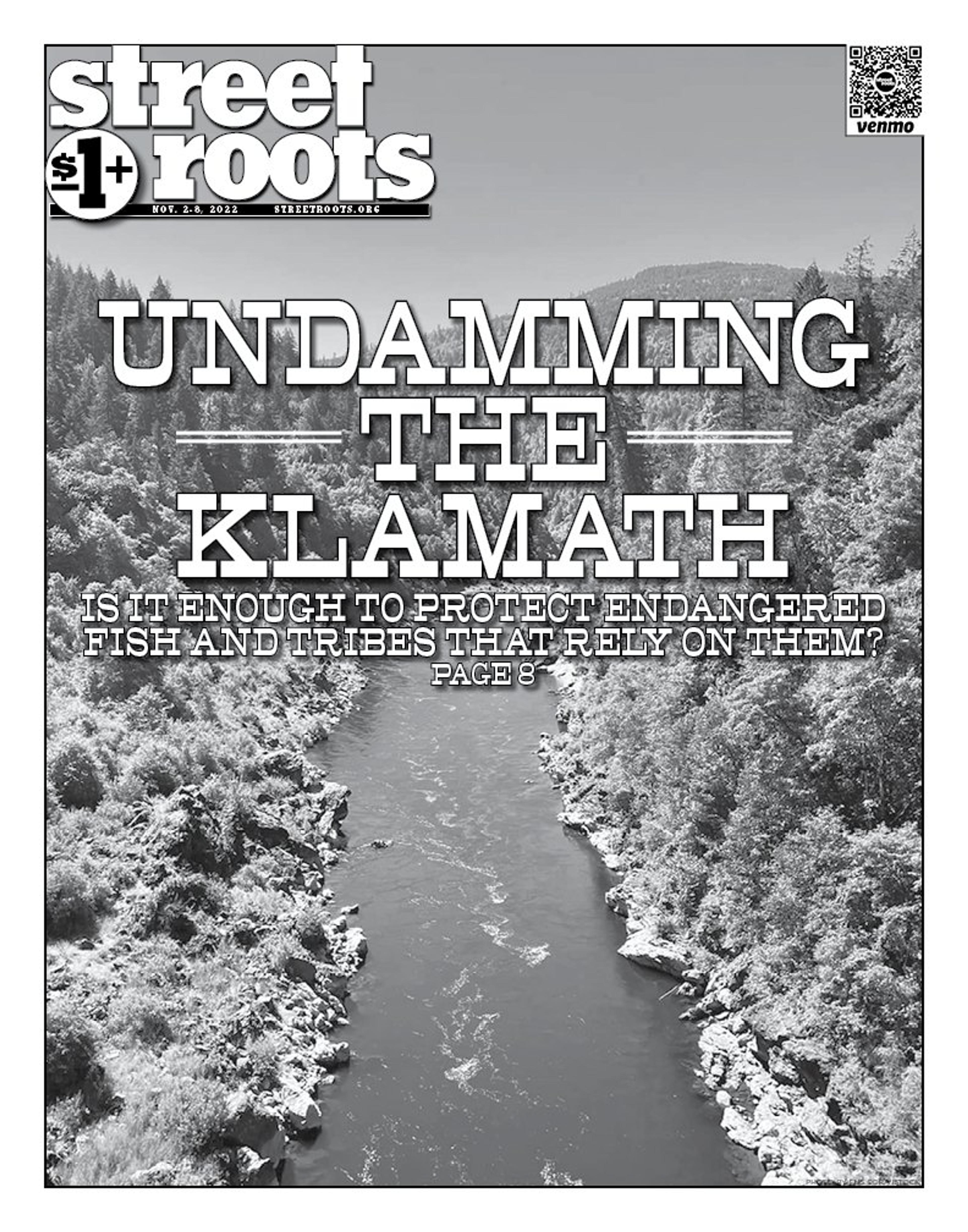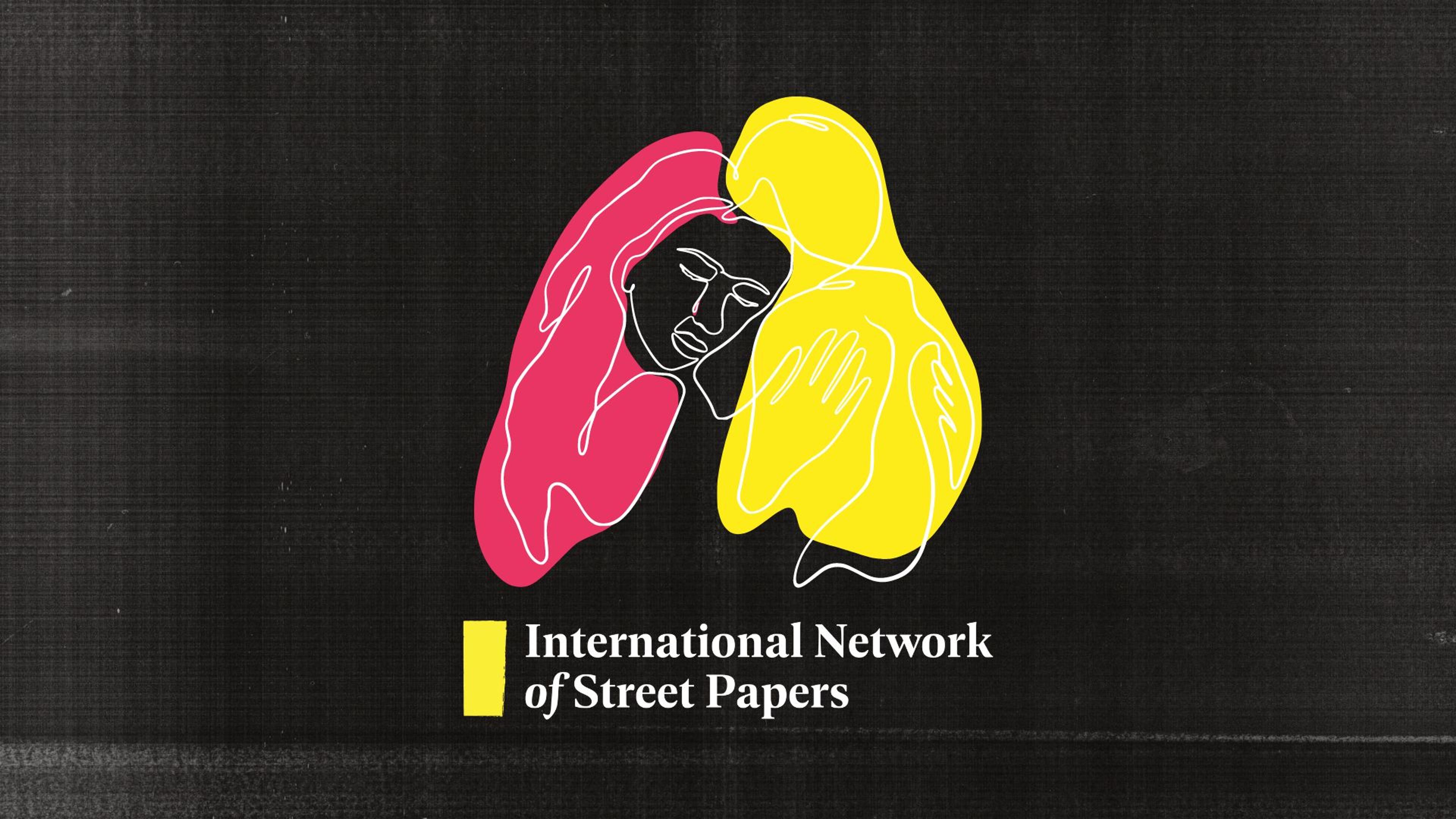Q&A: Why Portland street paper Street Roots is investing in Indigenous reporting
Interview by Tony Inglis
- News

Melanie Henshaw (Mvskoke) is employed at Portland street paper Street Roots as its Indigenous affairs reporter, covering stories on Indigenous peoples and the local and regional tribes of the Pacific Northwest. INSP spoke to her about her work.
INSP: Before you began working with Street Roots, what was your familiarity with the paper, and did you know much about the wider concept and mission of street papers?
Melanie Henshaw: I was familiar with the concept of street papers and with Street Roots' work. I was enticed by the opportunity of investigative reporting for a street paper.
Your role is unique amongst street papers in terms of subject area. How would you describe your focus?
I focus on covering issues affecting Native nations and Indigenous peoples in the Pacific Northwest, including tribal sovereignty, ecological destruction, social justice and equity.
Why did Street Roots decide to put an emphasis on reportage of Indigenous affairs, and why is it important in a wider cultural context?
Street Roots received a grant from a local Native nation that funds the position of an Indigenous Affairs reporter. As I understand it, the paper decided to pursue this position as Indigenous peoples are an underrepresented community with a corresponding lack of responsible news coverage. By funding an Indigenous Affairs reporting position, it allows us to pay special attention to issues affecting Indigenous communities and bring them to our readers with more attention to detail than some outlets without a dedicated reporter on this beat.

In your work as a journalist in this area, and in the course of your reporting on and with Indigenous communities, are there obstacles you must overcome that you perhaps wouldn’t come up against when doing other local reporting? Are there ways in which it is easier?
I feel extremely fortunate to be able to focus almost exclusively on Indigenous Affairs issues. I believe that there is an Indigenous Affairs angle on nearly every issue on Turtle Island [an Indigenous name for what is now the United States] but a lack of sufficient coverage and care dedicated to Native perspectives on those issues. At the same time, given there are so many stories that deserve to be told, it can be tough to decide which issue I want to dedicate my attention to.
What social and economic barriers are Indigenous communities in Oregon (and the wider country) facing right now, and what is your reporting work focusing on at the moment?
Indigenous peoples in Oregon and across Turtle Island do face a host of barriers. In Portland, Oregon in particular, Indigenous peoples are dramatically overrepresented in our homeless population. Issues I have focused on or plan to focus on include housing for Native peoples, attacks on tribal sovereignty, threats to and destruction of climate, animal species and spaces that are sacred or culturally important to Indigenous people. Indigenous peoples are often frontline communities experiencing climate change, and protect the vast majority of the planet's biodiversity. I've also been working on a series highlighting Indigenous artists in the Pacific Northwest, which has been fascinating and inspiring.

What can you say about the value of someone from an Indigenous community reporting on that community, compared to someone who might not be so familiar? And how does – or indeed, should – this ethos translate to other areas of reporting?
It's important for the voices of people from marginalized communities to be included in conversations about that community. Specifically, with regards to reporting on Indigenous communities, the media has historically been neglectful, irresponsible and, at times, outright racist towards Indigenous peoples. It's important to approach reporting on these communities respectfully with that knowledge in mind, and to be careful to avoid employing stereotypes or resorting to harmful tropes in your reporting. The value of an Indigenous reporter covering Indigenous Affairs is in the pre-existing knowledge of issues affecting Indigenous communities and lived experience as a Native person. When reporting on marginalized communities more generally, regardless if you are a member of that group or not, it's important to use trauma-informed reporting techniques so that you are minimizing any harm your reporting on a sensitive issue or topic may cause.
What advice would you give other street papers looking to establish a similar role?
To any street papers looking to establish a similar role, I commend you! It is a reporting beat in dire need of more journalists. I would suggest consulting with local Native communities and organizations about your desire to hire a reporter in a similar role. Approach reporting on issues affecting Native peoples with care and respect, and be sure to elevate Native voices whenever possible. The Native American Journalists Association has great resources available to those covering these topics.


